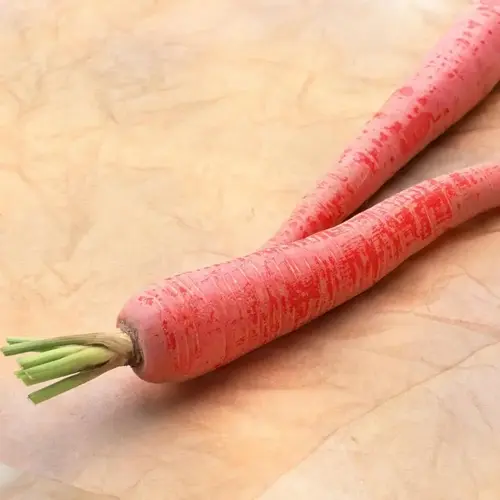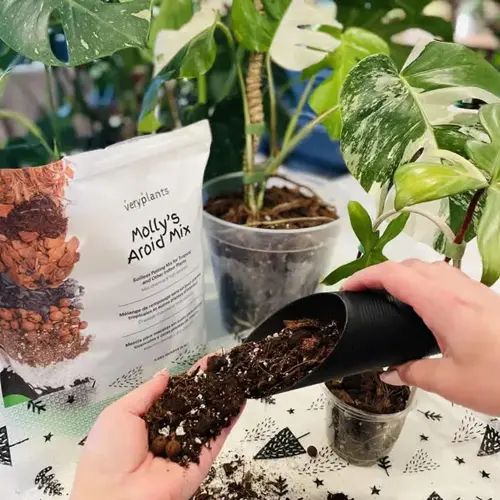How do I start companion planting herbs?

Written by
Michael Sullivan
Reviewed by
Prof. Charles Hartman, Ph.D.Initiating herb companion planting starts by pairing herb plants with similar needs. It is helpful to group herbs first based on the amount of water and sunlight they require. Pairing basil with tomatoes and rosemary with sage are innovative combinations to consider. My first year of planting herbs started with just two pairings. You will immediately differentiate your garden by using natural companions.
Root compatibility is one of the biggest protective factors against issues arising later on. Check the depth requirements before planting. Basil roots grow more shallowly compared to those of deep-rooted tomatoes. Remember not to plant invasive mint near delicate herbs. I always sketch maps of root properties for new pairings. With root know-how, your plants don't have to compete below the surface.
Site Assessment
- Map sunlight patterns across your garden
- Test soil drainage in potential planting zones
- Identify wind exposure areas needing protection
Herb Grouping
- Cluster Mediterranean herbs in sunny zones
- Group moisture-lovers in rich soil areas
- Separate aggressive growers physically
Monitoring System
- Photograph growth weekly for comparison
- Track pest activity in a garden journal
- Measure soil moisture at different depths
Corral invasive herbs right away. Stake mint in 12-inch deep bottomless containers buried in soil. Deploy root barriers for lemon balm. I keep aggressive herbs contained in patio pots. Your garden will retain its equilibrium without invasive takeover.
Weekly health checks catch issues early. Look for yellowing leaves indicating stress. Check for pest damage under leaves. I inspect every Wednesday morning. Your adjustments keep pairings thriving.
Expand gradually after initial success. Add one new pairing each season. Try chives with roses after mastering basil and tomatoes. I add complexity yearly. Your confidence grows with experience.
Document results as a practice of continual improvement. Observe which pairings thrived and why, document failures like my cilantro-sage experiment. I personally have a garden journal just for this purpose! With every planting cycle, your understanding grows.
Read the full article: 16 Herb Companion Planting Pairs Revealed

